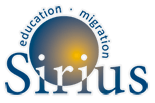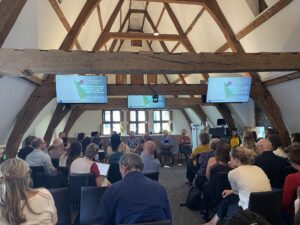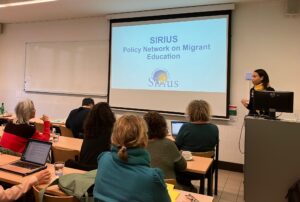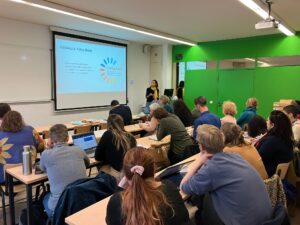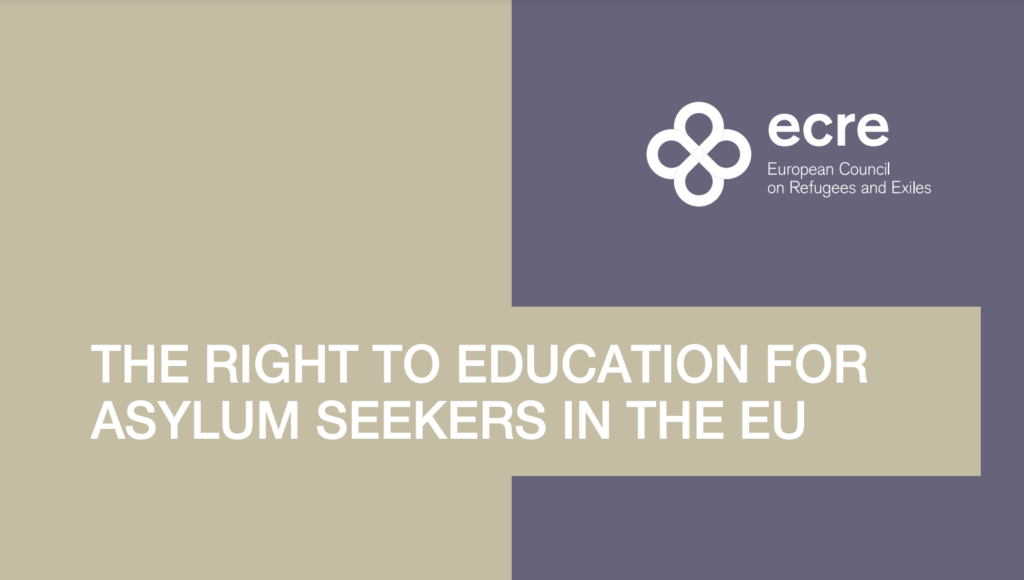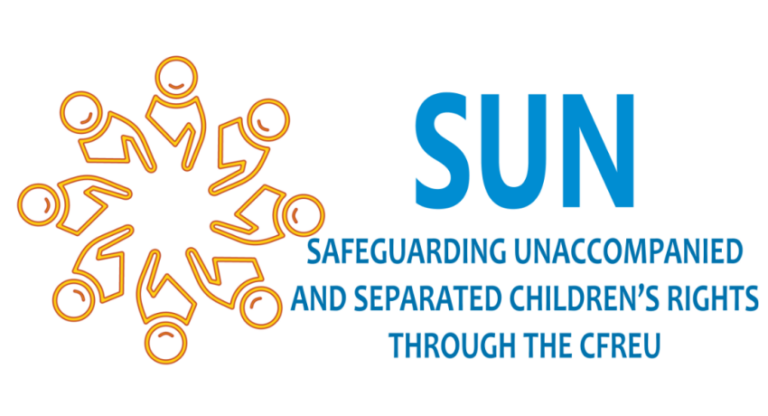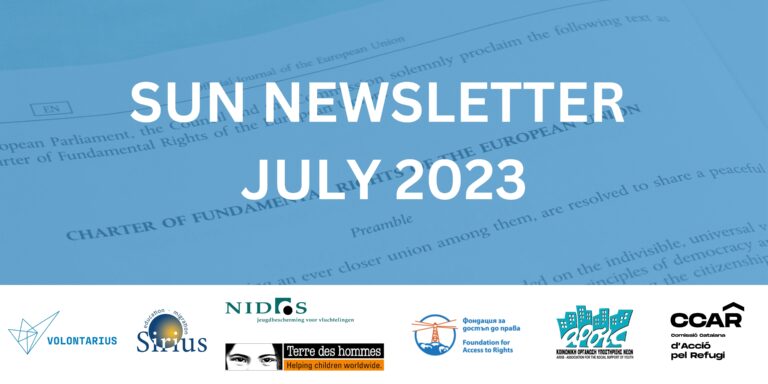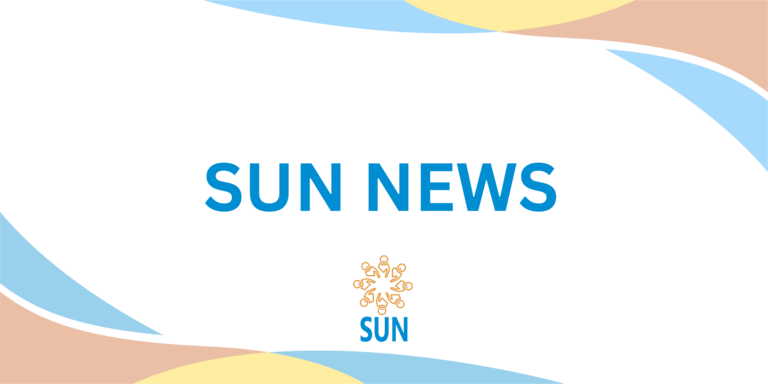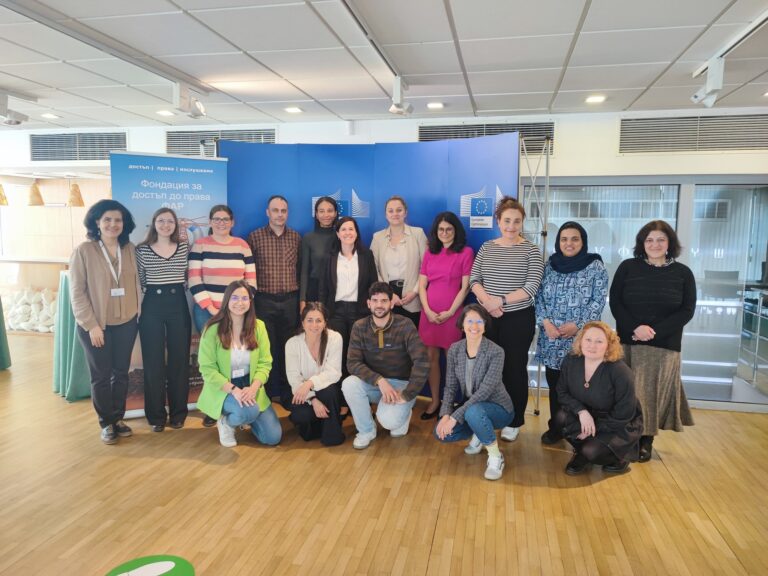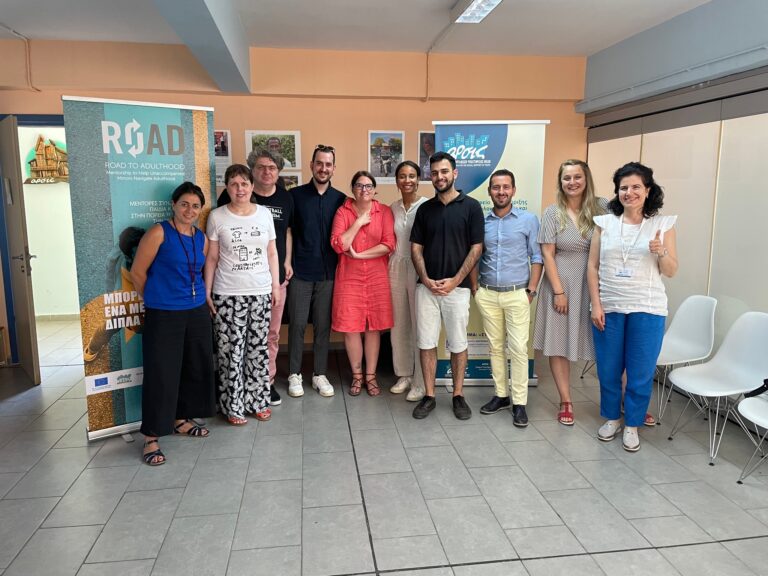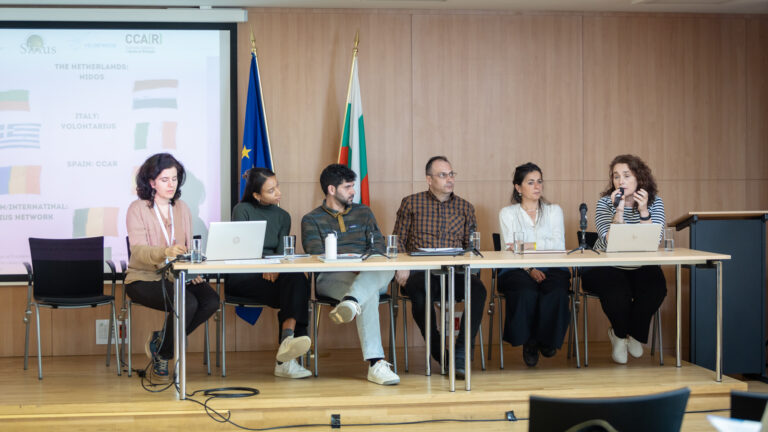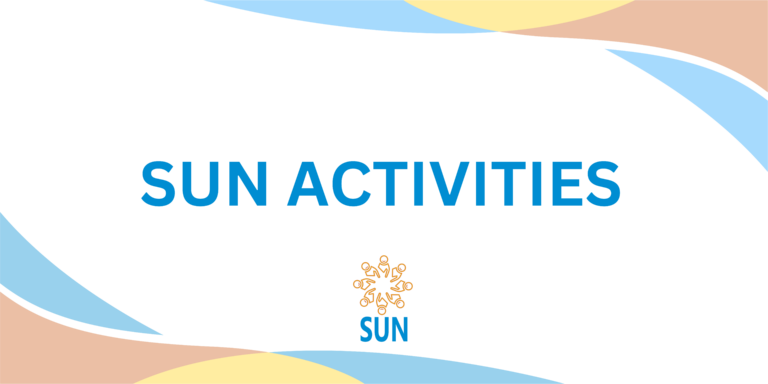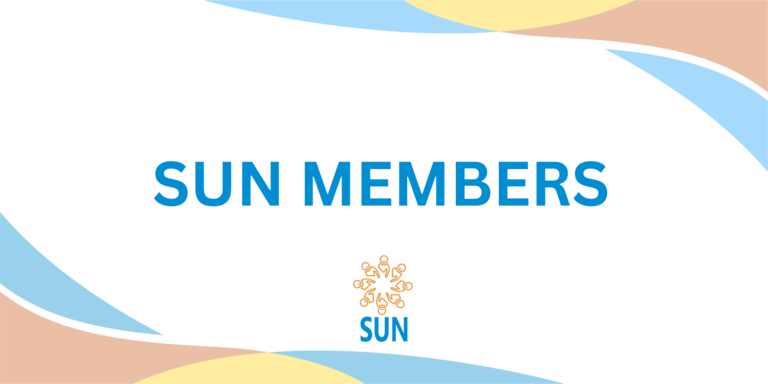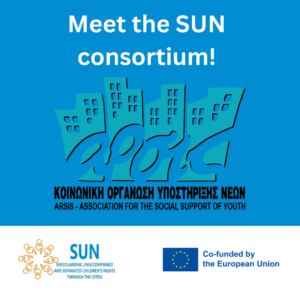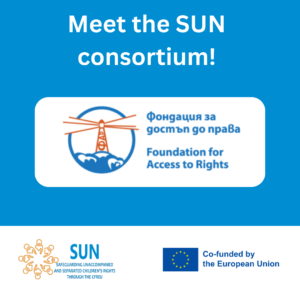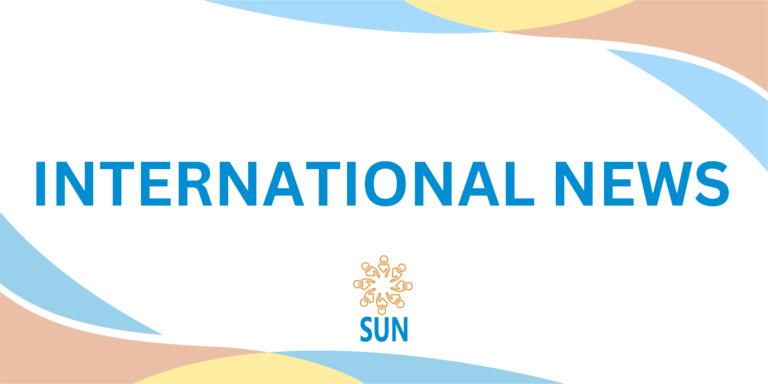On the 22nd of August, SIRIUS participated in the SOLiDi Final Conference. SOLiDi is a Horizon 2020 funded project that has developed a training and research program to train 15 early-stage researchers in relevant theories, research methods, and ethics across a variety of disciplines. The program focused on paradigms of social change, exploring how scientific insights on solidarity in diversity can be applied in different policy contexts and organizations. Over the past 3 years, the 15 doctoral researchers have been investigating these questions, and during the conference, they presented their findings on how solidarity can be practiced in contemporary societies.
This year, Marloes Vrolijk, one of the doctoral researchers in the SOLiDi project, supported SIRIUS in developing a Policy Brief on “The Importance of Professional Development for Educators to Enhance Students’ Learning Experience.” Her research focuses on citizenship education and diversity in secondary schools. At the final conference, she shared part of her experience through storytelling, sharing stories from teachers’ experiences, highlighting the importance of personal narratives and human connections in shaping a new vision of solidarity.
Below, you will find a text by Marloes on storytelling, diversity, and citizenship education in the “Solidarity in Diversity” context.
Storytelling, diversity, and citizenship education at the “Solidarity in Diversity”
Written by Marloes Vrolijk, Department of Training and Education Sciences,
Antwerp University on July 2 nd , 2024.
My friend laughed and shook his head disappointedly when I told him about novel obligatory citizenship education goals to be implemented by schools in Flanders. It was the first summer holiday I had taken since starting my PhD, and my partner and I were visiting him and his family in his new home in Italy. He grew up in South Africa during the apartheid regime and seemed to get the possible gravity of a state developing obligatory citizenship education goals immediately. At that time, his reaction still surprised me. It stuck with me throughout the following years. Indeed, a form of undemocratic racist citizenship education, without any space for critical dialogue or thinking, was present during the apartheid period (Seroto, 2012). As Seroto explains: “the government wanted to translate its intentions and ideologies into an institutional expression in the school where students would be taught basic values and ideals that would make them passive citizens” (2012, p. 78). Reflecting on this now brings up at least two important questions that can apply in different contexts: 1) What are the purposes of citizenship education? 2) Who is included and excluded when referring to citizenship, and on which grounds? As one of fifteen doctoral researchers connected to the SOLiDi (“Solidarity in Diversity”) research consortium, I have been studying school practices related to implementing recent citizenship education goals and diversity policies in Flanders, Belgium. My research focuses on small-scale case studies of how different schools and teachers aim to realise different questions and policies related to “citizenship” and “diversity”. While I am still completing my study, an initial insight is that practices under the name of “citizenship education” risk focusing too much on “socialisation” into one idea of the good citizen. Gert Biesta explains that socialisation is the “(re)presentation of particular cultures, traditions and practices, either explicitly but also implicitly” (2022, p. 44). The risk is that there remains little room for students’ democratic subjectivity. Moreover, citizenship education is often taught in contexts that contradict democratic ideas and values. An example is that many urban Flemish schools apply a school ban on religious symbols. The Belgian Council of State, the supreme administrative court of Belgium, noted that the ban on religious symbols is mainly carried out as a “headscarf ban” and judged that it is against the freedom of religion and prohibition of discrimination in two GO! schools (Azabar, 2022, p. 123). This reminds me of Banks’ citizenship education dilemma: “the need to teach democratic ideas and values” while those are “contradicted by practices such as racism, sexism, social-class stratification, and inequality” (Banks, 2022, p. 5-6). While trying to understand the various school practices further, different stories start to stand out. Like Dania’s story, a student who started a school petition against a headscarf ban in her school, collecting more than 2000 signatures. Or the story of Julia, a teacher who claims to be more of an activist than a teacher and wants to support her students through experiences of “second-class citizenship”. At the same time, a different form of storytelling also appears. This is a grander narrative of what it means to be a good citizen in society. One teacher of the novel course “Citizenship” explains that certain differences of opinion, especially those influenced by religious beliefs, are not permitted in his citizenship teaching. Instead, he is motivated to introduce his students to “that story” of how “one should be a citizen in their society”, and it is his responsibility to keep repeating a story of human rights and equality. In my research, it is important to question what stories are silenced, overlooked and othered by such a grand narrative focusing on one understanding of the good citizen.

